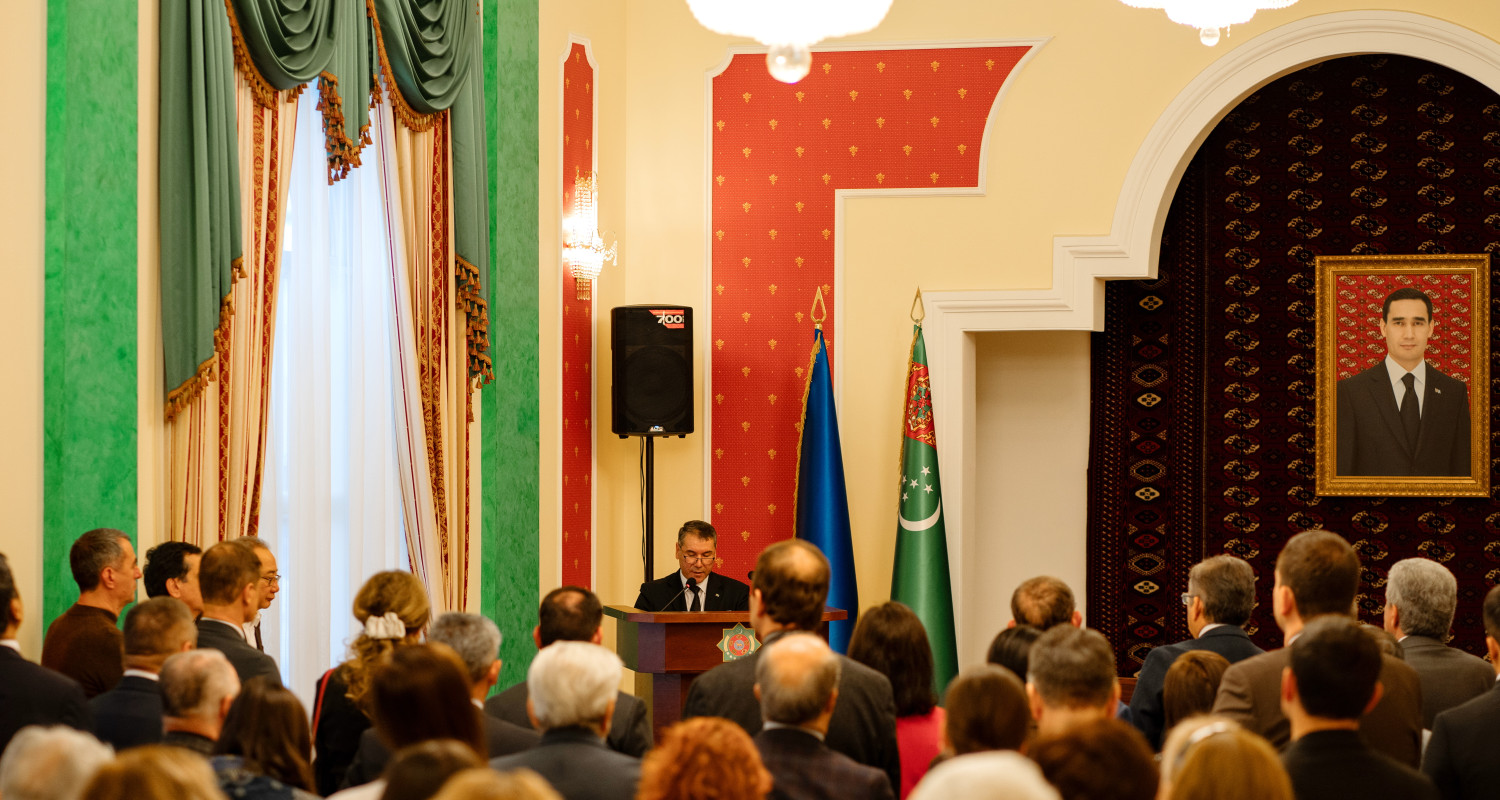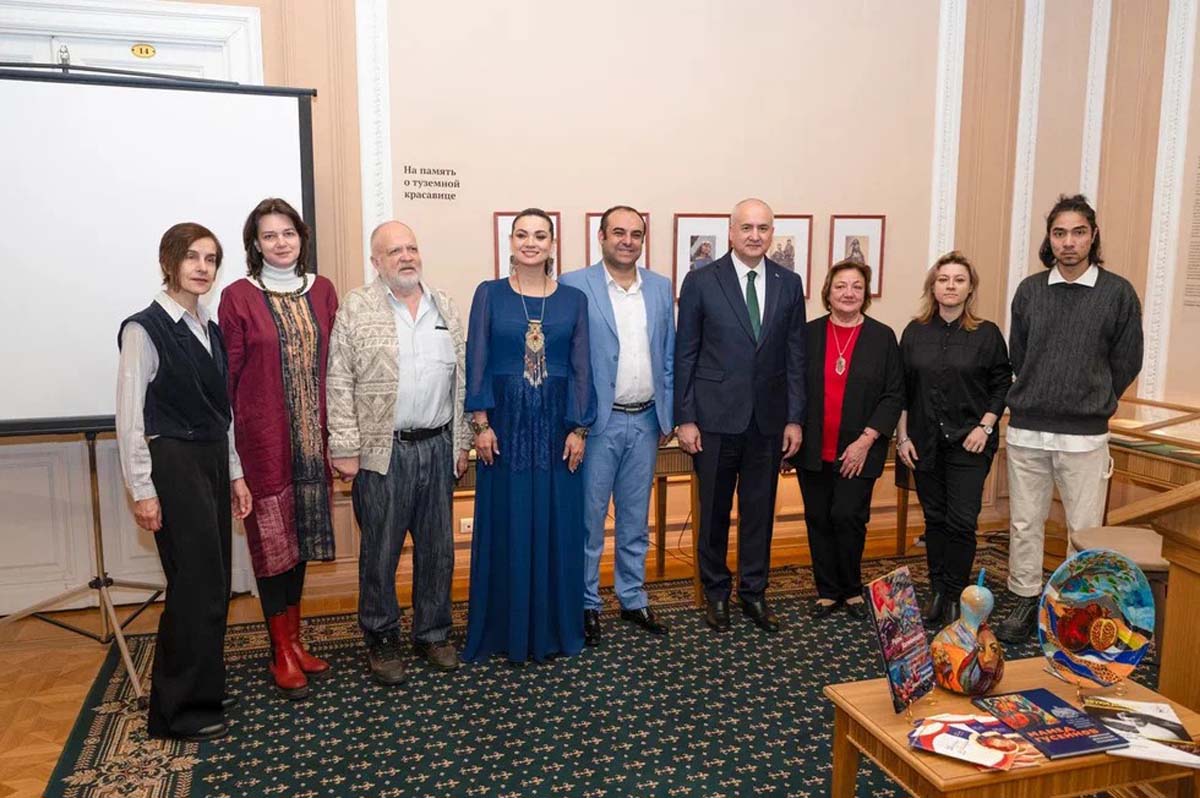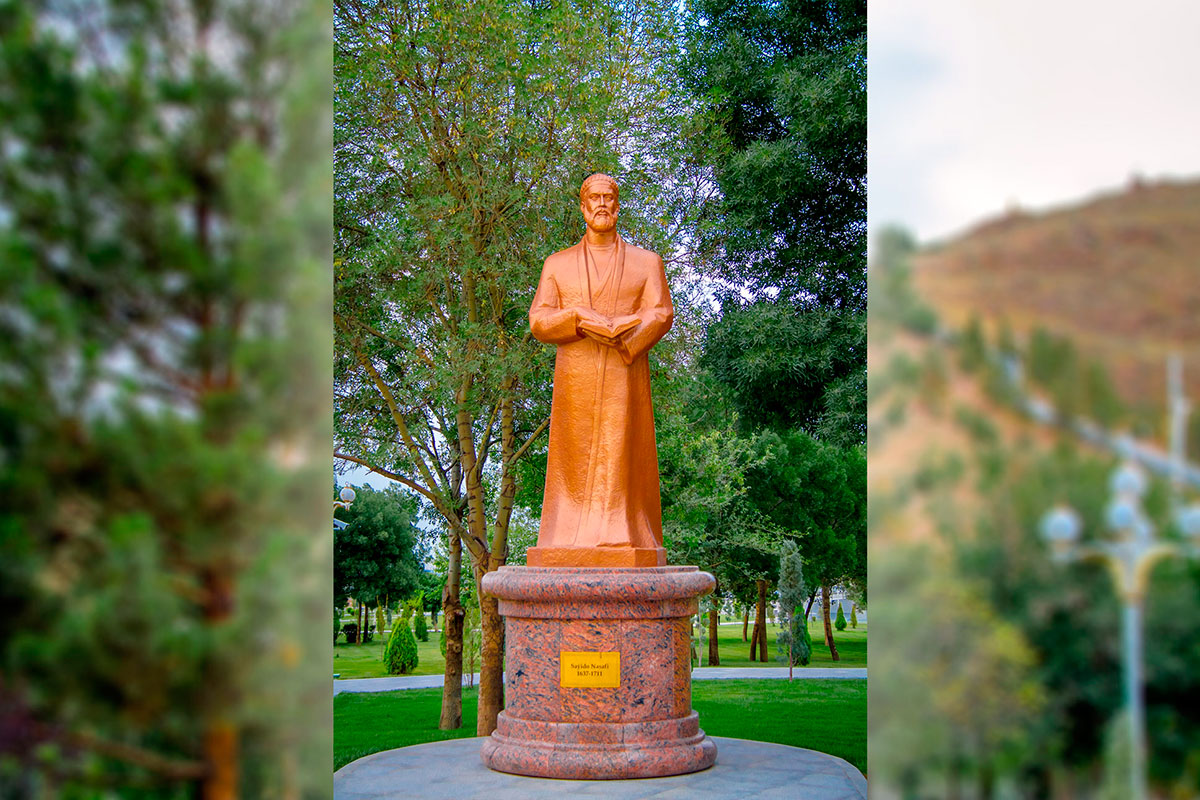The motto of this year, "Fount of Wisdom of Magtymguly Fragi," is in line with the title of the new book "Müň manyly Magtymguly," recently published by the "Ylym" publishing house. The author of the monograph is Chary Kuliev, a scientist of the Institute of Chemistry of the Academy of Sciences of Turkmenistan, who in addition to his main professional activity, has been studying the works of Magtymguly since 1982 and has published over 30 scientific articles on this topic. According to the author, the works that live in the memory and soul of the people, expressing a humanistic philosophy of life and basic human values, prolong the life of poets like Magtymguly for centuries and become a spiritual heritage of all mankind.
Among the thousands of meanings contained in Magtymguly's poetry, the author focuses primarily on the poet's natural-scientific ideas related to nature and touching on the fields of astronomy, geography, medicine, zoology, botany, chemistry, and the connection between living and non-living particles, which together constitute the main content of the book.
The monograph consists of an introduction and three chapters. The first chapter analyzes the poems written by the poet during and after his education in the madrasa, dedicated to his time and dreams of an independent Turkmen state. The second chapter is devoted to Magtymguly's works about great personalities such as Dovletmammet Azadi, the Greek philosopher Plato, the doctors Galen and Ibn Sina, and poets Omar Khayyam, Jalal ad-Din Rumi, Alisher Navoi, and Abdurahman Jami. The third chapter reveals the scientific views of the classical poet based on the interpretation of specific poems. The appendices at the end of the book include a glossary of Magtymguly's poems, characterizing his views on nature, as well as an explanatory dictionary of names related to literature, history, religion, and personal life.
Chary Kuliev's book "Müň manyly Magtymguly," dedicated to the 300th anniversary of the poet and thinker Magtymguly Fragi, has already attracted the attention of many specialists studying his creative legacy. It is also addressed to philologists, teachers of secondary and higher schools, students and a wide range of readers.








